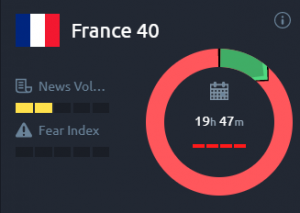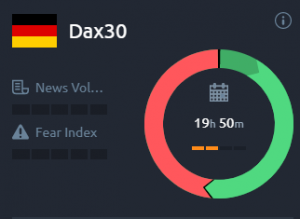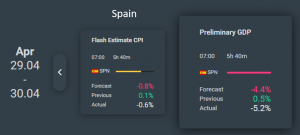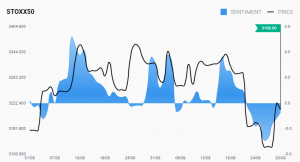The Deadly Price of Aid
The cost of this bailout is particularly severe for countries like Spain and Italy because their public finances were already a mess. They never fully recovered after the 2008 financial crisis. Moreover, the pandemic had already caused government debt to grow. Although the recovery fund will not be reflected in government debt till 2028, these countries will need a plan to repay the debt to the EU.
To repay the debt, the governments of these countries may need to curb public expenditure and/or increase tax collections, both of which will be detrimental for their economies. This will also impact the potential for economic growth in the longer term. This is the reason many economists consider austerity a death sentence for an economy.
An alternative to austerity will be liquidating state-owned assets to raise the funds needed to repay the loans. Some EU members have already resorted to such measures, giving China partial control of some critical infrastructure. This, too, seems to be a dangerous game to play.
Grants, which are around half the stimulus amount, are better for the hardest-hit economies than loans. However, there’s the question of financing the recovery fund. It’s more difficult to get voters behind grants. At least with loans, there’s the possibility of getting the money back.
Been There, But Not Done That
Before we begin answering the question about whether Europe can really afford another bailout, let’s address the question about whether another recovery package is really needed. After all, the currently approved recovery fund is not being disbursed this year. The disbursement begins only in 2021 and will be spread over the next three years, till 2024.
The timing of disbursal is very important. The reason for the recovery fund is quite clear and sound. Give money to member states and there will be a rise in demand, which will spur economic growth. The funds are needed to overcome the biggest demand shock in modern history. However, the impact is immediate and short-lived. So, the real question is not how hard an economy has been hit by the pandemic. It’s really a question of whether it has the wherewithal to bounce back and how quickly it can do so, with the support provided by the recovery fund.
Given the state of the weak European economies even before the pandemic started, another bailout will be a feel-good factor at best. It will, however, lift market sentiment, which has been hit by news of the second coronavirus wave. The decline in sentiment precedes a decline in the European stock market, as seen on the Acuity Sentiment tool.




.png?width=300&height=229&name=Italy-PMI-History-Chart-300x229%20(1).png)
